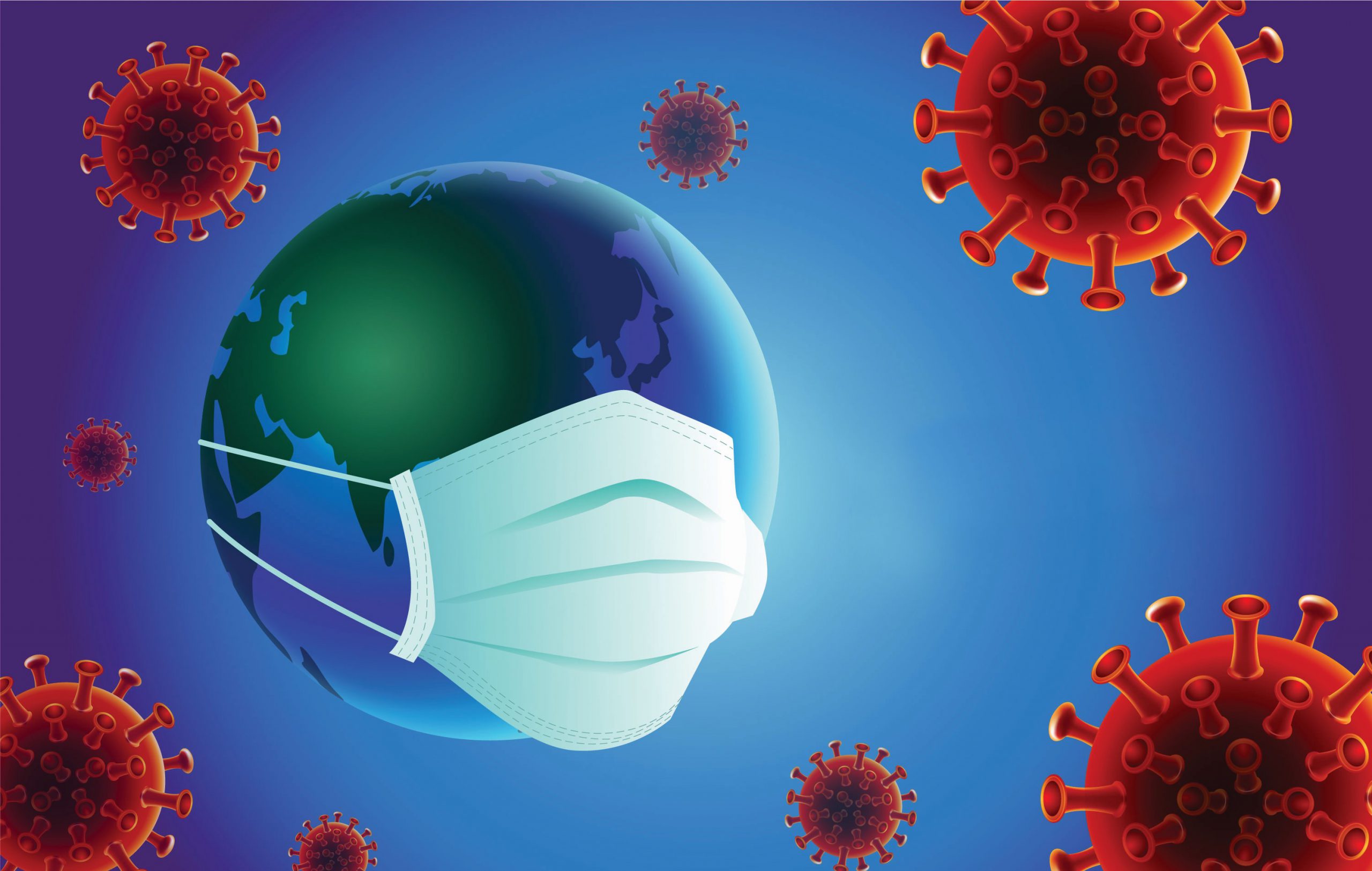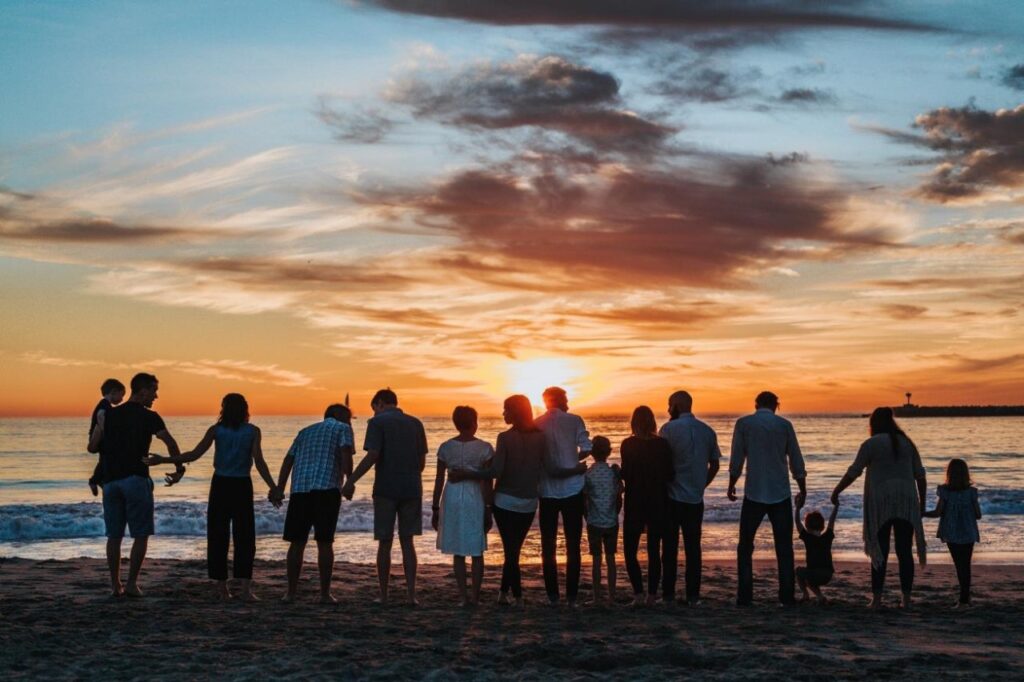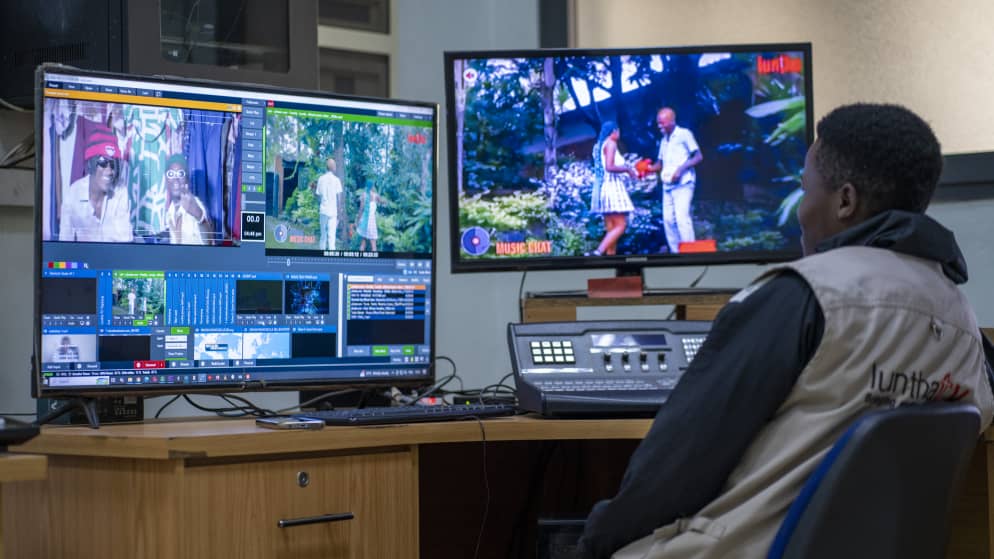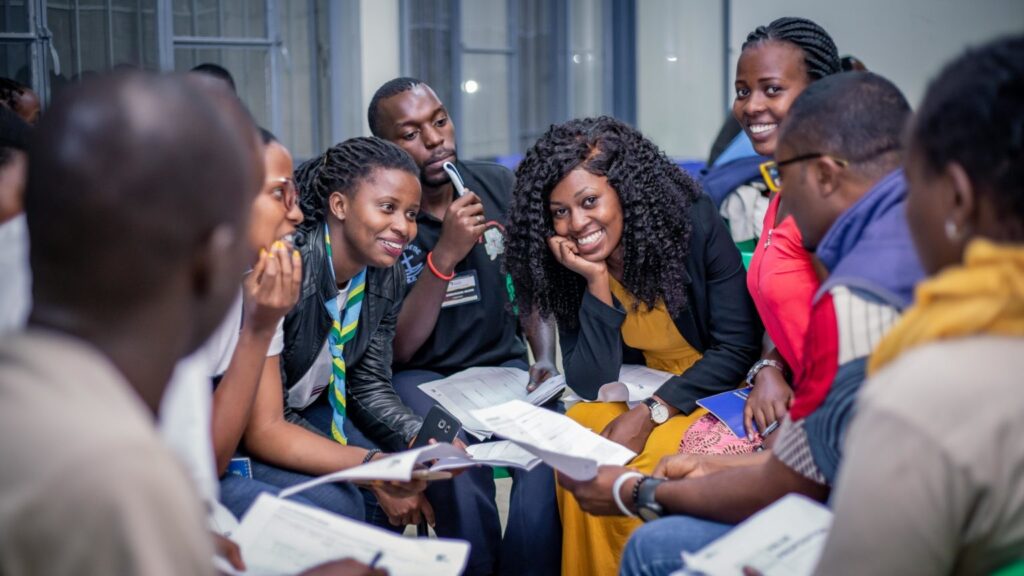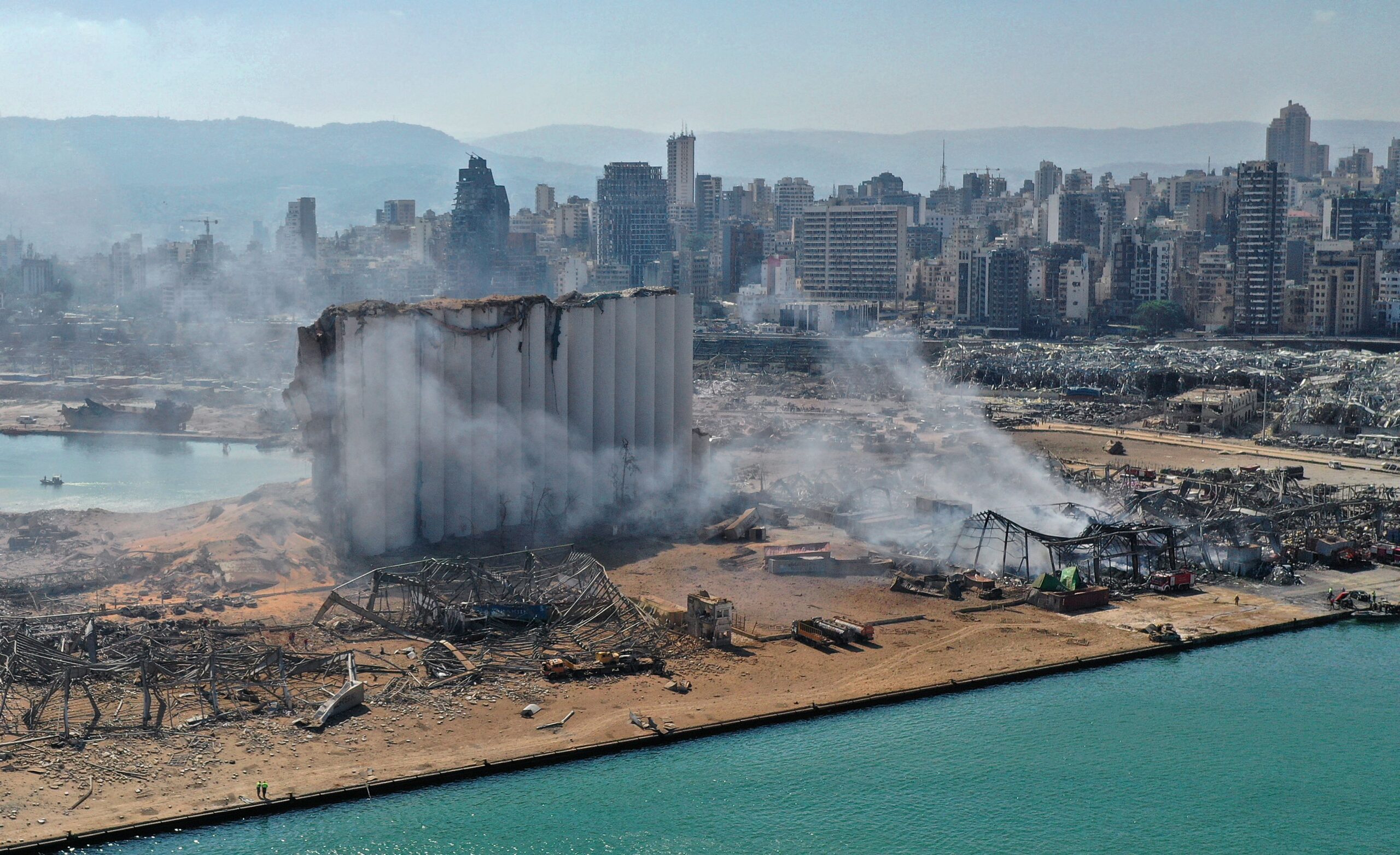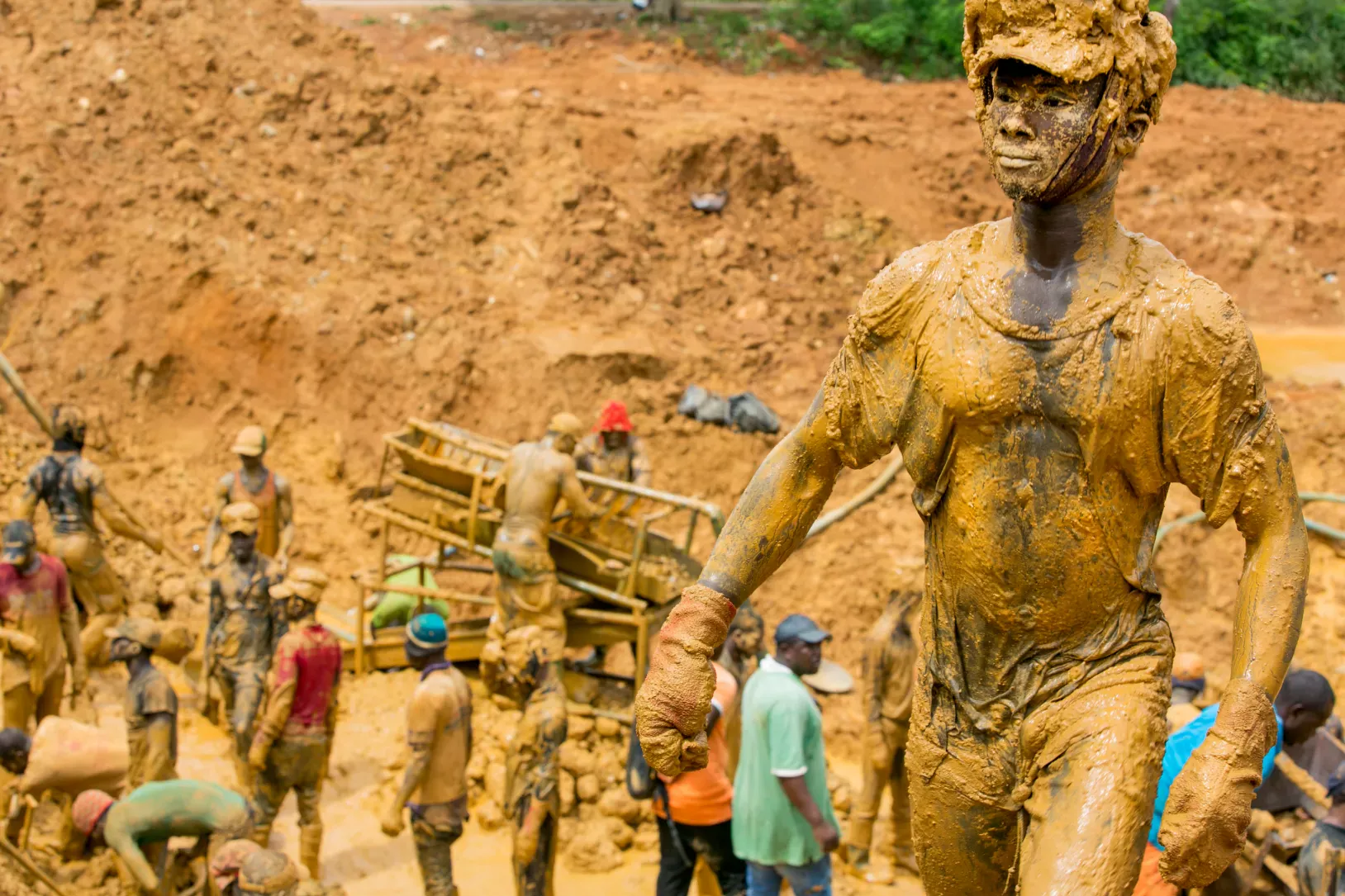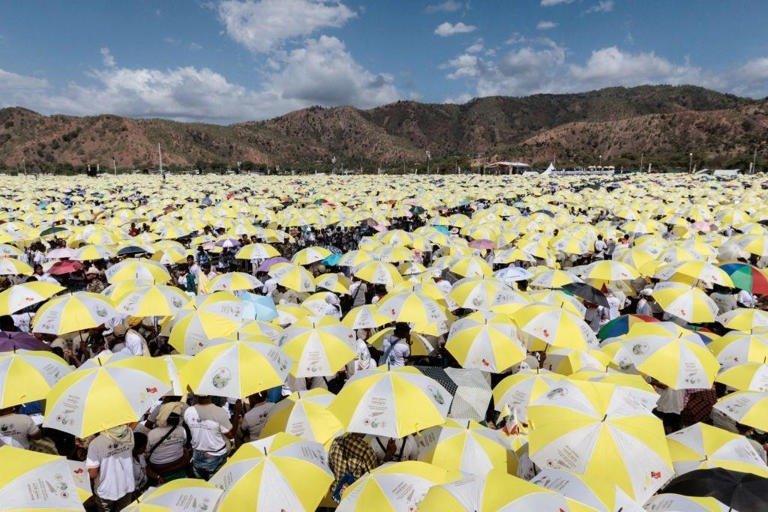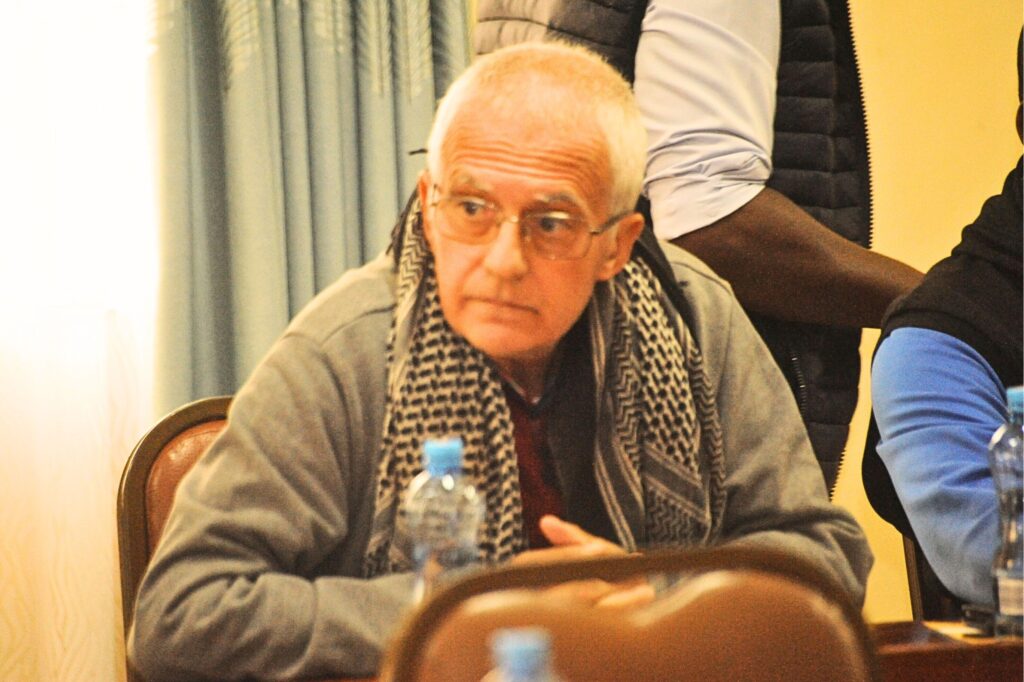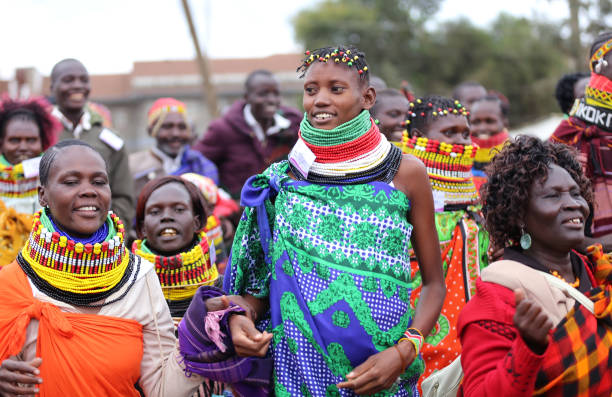In a moment when the whole Earth echoes the cry for justice, the Covid-19 pandemic has been a real learning moment for all humanity. But what value is a lesson, if we do not take action based on what we have learnt? The pandemic is offering us a once-in-a-lifetime opportunity to rethink how we want our world to be organised.
By Peter Knox, SJ
The famous last words of George Floyd – “Mama, I can’t breathe” –, as a Minneapolis, USA, police officer suffocated him to death on 25th May, have found an echo around the world.
If we have learnt anything from this Coronavirus pandemic, it is how important air is in our lives.
As a respiratory disease, Covid-19 makes it incredibly difficult for people who have the disease to breathe sufficiently. As they become infected, their lungs get filled with inflammatory fluids, and since they cannot expand the way they should, respiratory failure ensues, thus preventing the exchange of oxygen and carbon dioxide gases. People infected with Covid-19 simply do not get enough oxygen to all parts of the body. Then, organs slow down and cannot function effectively, or are ultimately poisoned.
There is also an extra strain on the heart, as it has to pump harder to circulate the little oxygen there is. The body now suffers from hypoxia, a condition where not enough oxygen makes it to the cells and tissues in the body. In the end, such condition may be fatal. That is why there has been such a rush to produce ‘ventilators’, which help a person breathe. Ventilators are designed to give mechanical help to the lungs to make them able to continue operating until they can recover.
The earth breathes
During this Covid-19 pandemic and the (almost) worldwide lockdown, our planet has been showing us that it, too, needs to breathe. Scientists have observed how much healthier the air is. As industrial activity and vehicular traffic have been greatly reduced, pollution levels have gone down in cities like Delhi, Mexico City, and Johannesburg, while the oxygen levels have gone up. Particles of soot, which are small enough to penetrate deeply into the lungs, have reduced in concentration, as well as nitrogen dioxide and carbon monoxide.
I have no reason to believe that the same effects have not been happening in Eastern African cities. Was it my imagination, or was I really able to see the stars in the sky better during the months of April and May? The buses, matatus, trucks, 4x4s cars and piki-pikis were not rushing about their normal business (how much of it is really necessary?) and pumping pollution into the air.
 Space better used
Space better used
The news has shown that about 100 kilometres of cycle tracks and wider sidewalks are being built in Nairobi, to give people greater space for social distancing. These are taking over space that has normally been congested with traffic, or dedicated to parking lots. It is a sign of the wisdom of our city planners, as they are thinking about what will be healthier for us in the long term. This will be good news for people who might be suffering from respiratory diseases, as they can breathe more easily.
Smart Work, Smart School
Maybe, we can learn another lesson from this time of reduced transportation. Kenya has a very good Internet connectivity, at least in the cities. At Hekima University College, the Jesuit school of theology in Nairobi, Kenya, we managed to finish teaching the semester with online classes, and go all the way through the exams, without students having to come in to the college.
Many of the jobs we do can actually be done from home – at least, part of the time. Even if we worked from home for one day of the week, that could amount to a significant reduction in travel-related pollution.
Of course, it is not ideal. It is not ‘the same’. But that is just the point: we do not want ‘the same’, because we are realising that it is not always good for us.
A more just world order
A further lesson we have been reminded of during the Coronavirus pandemic is that there are so many inequalities in society: in access to healthcare and to good food, in how seriously our governments take the threat, in how people are vulnerable to threat to their health, in the resources they have to deal with economic challenges, etc.
So, the call has been going out for a more equitable world order, when the economies slowly begin to rebuild, and when life returns to normal. It would be a problem if the ‘old normal’ becomes the pattern for the ‘new normal’.
Our countries and citizens need to make a concerted, determined effort to establish a new normal as this opportunity presents itself. The pandemic is offering us a once-in-a-lifetime opportunity to rethink how we want our world to be organised.
Undeferable questions
What can we do, at this stage, to introduce greater equality? Do we really want some children to have access to better schools, boarding in the cities, and to be able to study online, while others attend village schools with mud walls? Do we want our country’s recovering finances to be spent on improving the schooling system, or on repaying loans to multinational agencies or providers? Whose interests do we want to serve first?
Are we going to fire up Kenya’s six heavy-oil-fuelled power stations as the demand for electricity increases again? Or are we going to bring more of the hydroelectric, or geothermal, or solar, or wind stations back online, first? Have we learnt that we actually can do without the polluting fossil-fuelled stations, or that they should be our last resort, on standby until they are really needed?
Our fellow citizens of other parts of the world have learnt this lesson. Can we face a future where our common home gasps: “I can’t breathe!”?

